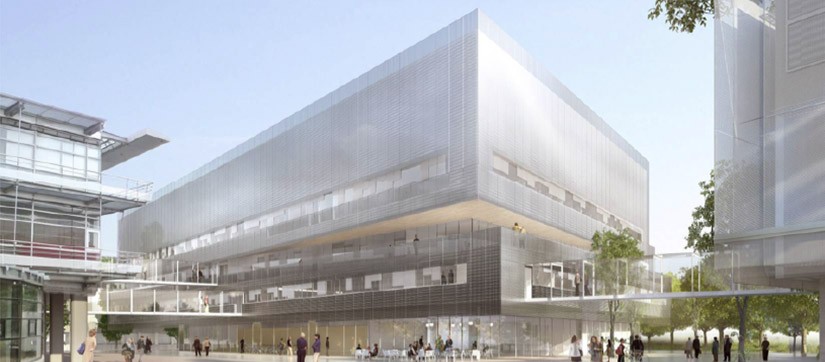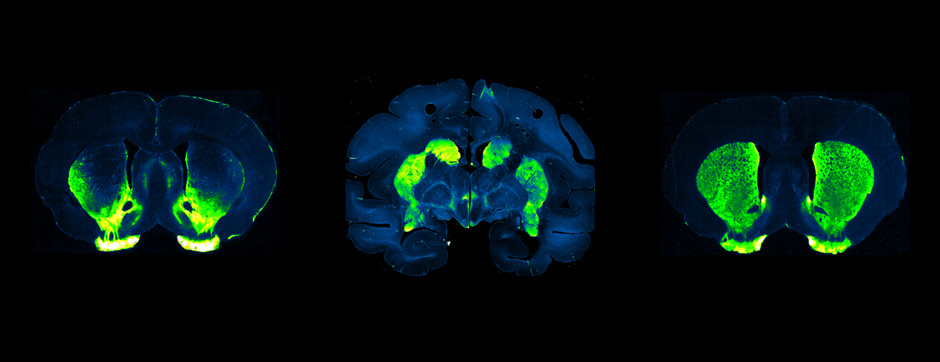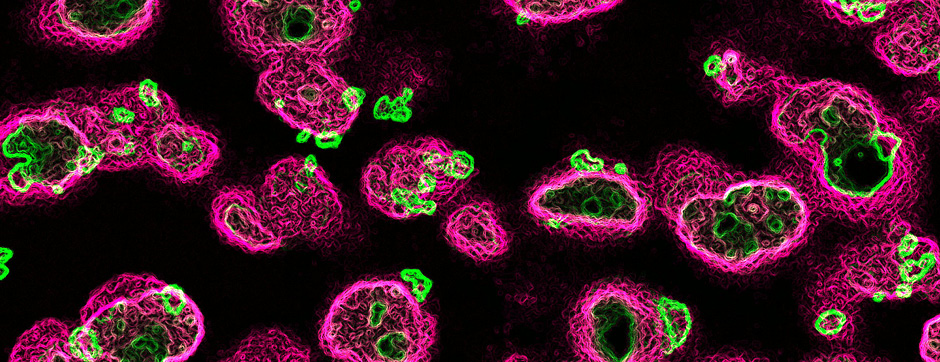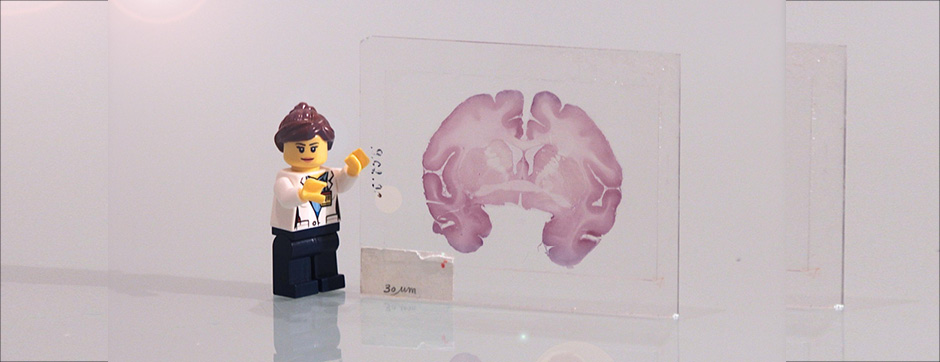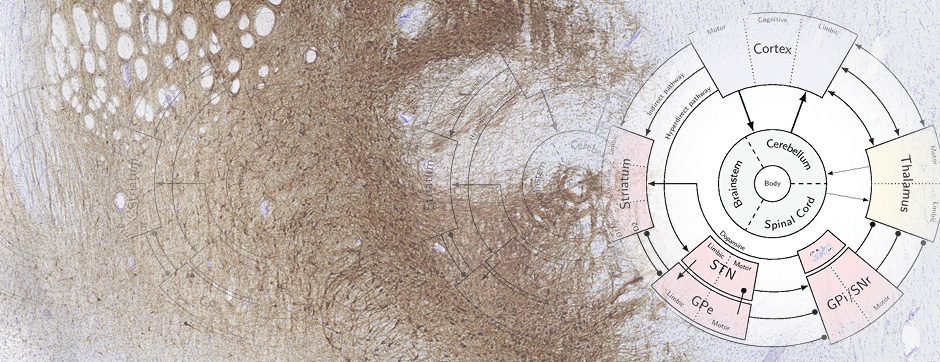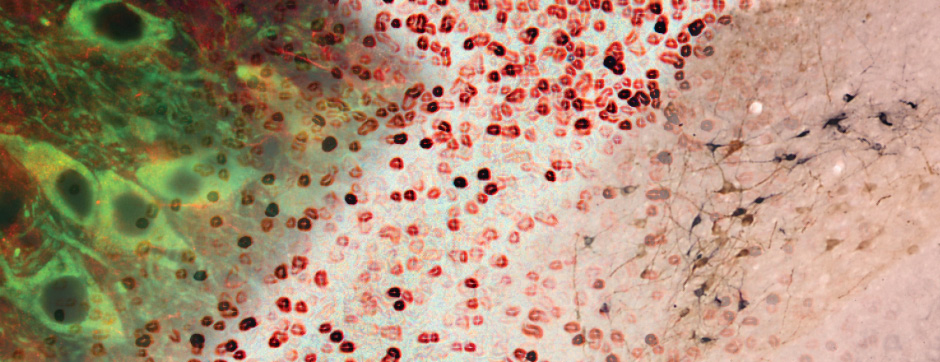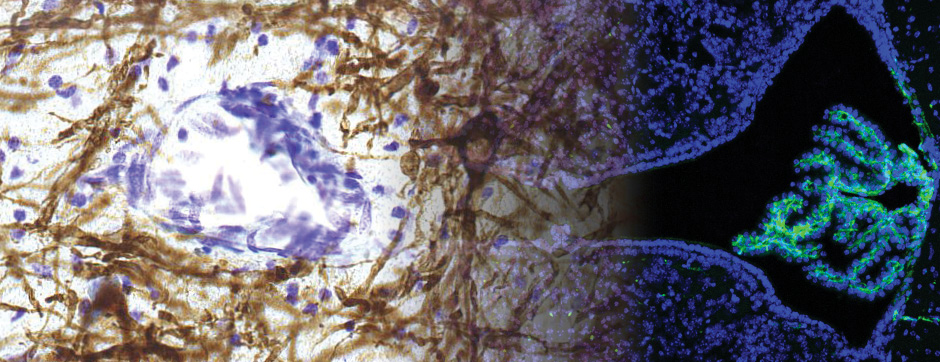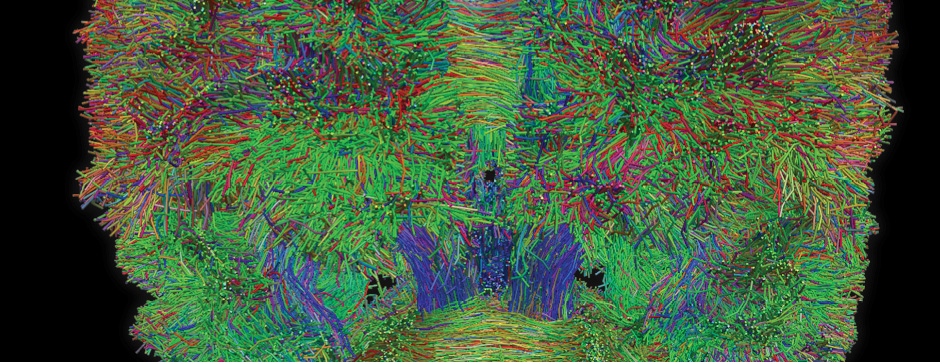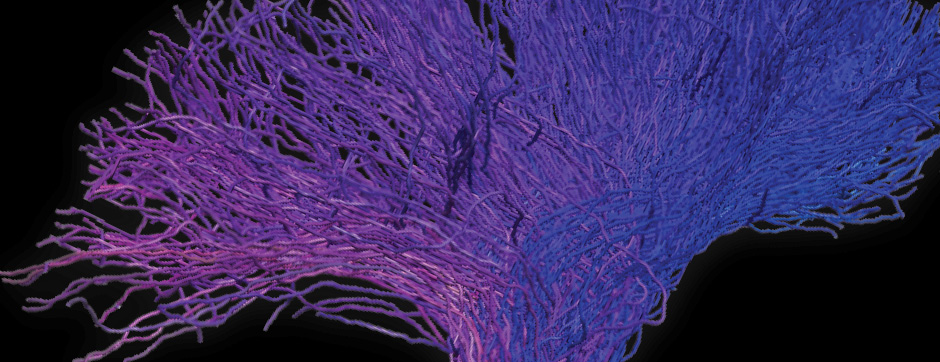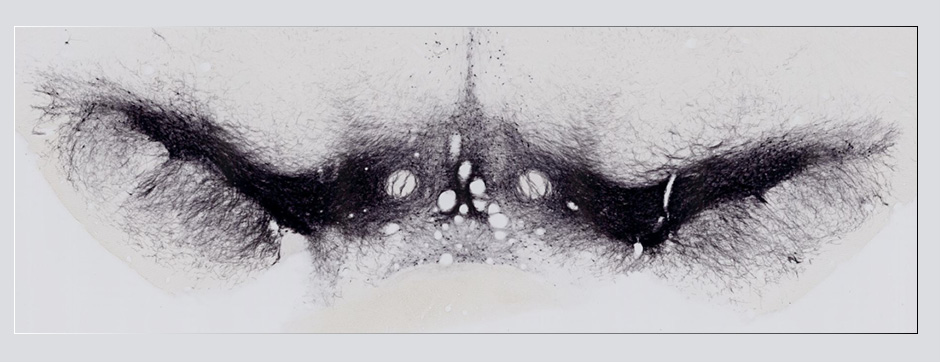The “semaine du cerveau” at the IMN
Several events involving IMN members will take place in the near future as part of the 23rd edition of the “semaine du cerveau” organized by the Society for Neuroscience.
Monday, March 15, 2021 at 6pm
Sleep, a foolproof mechanism?
Coffee-debate organized by the cultural service of the University of Bordeaux
- Prof. Violaine Giacomotto-Charra, Professeure de littérature et épistémologue, Université Bordeaux Montaigne
- Dr. Stéphanie Rogier, Psychiatre, Psychiatre pour enfants, clinique du sommeil, CHU de Bordeaux
- Dr. Jacques Taillard, Ingénieur de recherche, Laboratoire SANPSY, CNRS, Bordeaux Neurocampus, Université de Bordeaux
Debate animated by Mr. Yoann Frontout, Journalist and scientific mediator
Summary: The question comes and goes: how to sleep well? When should we abandon ourselves in the arms of Morpheus, how many hours of sleep do we need? Should we sleep in a fractioned way as we did until the 18th century? If there is perhaps no universal magic formula to regulate our nights like music paper, there are many other aspects to explore. From their biological mechanisms, from the ticking of our internal clock to their close link with our lifestyle, through the multiple disorders that can punctuate them – insomnia, hypersomnia, night terrors, sleep apnea… – they involve many disciplines. Medicine, biology and human sciences are not enough to shed light on this nocturnal pastime that takes up a third of our lives.
Follow the conference live (in French): here
Wednesday March 17, 2021 at 6:30 pm
When our body imprisons us: amyotrophic lateral sclerosis
- Dr. Eric Boué-Grabot (Institut des maladies neurodégénératives, Bordeaux Neurocampus, Université de Bordeaux)
- Dr. Sandrine Bertrand (Institut de Neurosciences Cognitives et Intégratives d’Aquitaine, Bordeaux Neurocampus, Université de Bordeaux)
Debate animated by Dr. Didier Le Ray (Institut des neurosciences cognitives et intégratives, Bordeaux Neurocampus, Université de Bordeaux)
Summary: Amyotrophic lateral sclerosis or ALS is the third most common neurodegenerative disease after Parkinson’s and Alzheimer’s, making it the most common rare disease. ALS is characterized by the progressive death of the nerve cells that control our muscles: the motor neurons. Although research on ALS has progressed enormously in recent years, there is still no effective treatment for the disease and no reliable and effective diagnostic tools. During this public lecture, we will review the current state of scientific knowledge and present the work we are doing in our laboratories to understand the role that proteins that fix ATP (the fuel of our cells that also serves as a warning signal) could play in this pathology and their potential use as an early biomarker for ALS.
Follow the conference live (in French): here
Wednesday March 17, 2021 at 7pm
Where does anxiety reside in our brain, on the left or the right?
- Dr. Christelle Glangetas (Institut des maladies neurodégénératives, Bordeaux Neurocampus, Université de Bordeaux)
Summary: Anxiety is a major social problem that affects nearly 30% of the population. It is a physiological response that puts us on alert to a potential threat. When this state persists despite the disappearance of the threat, anxiety becomes pathological. A key structure in the brain associated with anxiety and anxiety disorders is an area of the cortex called the insular cortex. In fact, we have two insular cortices: the insular cortex of the left cerebral hemisphere and the insular cortex of the right cerebral hemisphere. Interestingly, our two insular cortices communicate with each other. How and why do they exchange information? What do they tell each other and what are the effects of this communication? The challenge of my research is to understand this discussion and its role in the control of anxiety using the mouse as an experimental model.
Winner of the 2020 Young Researcher Award from the Thérèse and René Planiol Foundation for the study of the Brain. Dr Christelle Glangetas will receive her prize at the end of the conference.
Follow the conference live (in French): here
Thursday, March 18, 2021, at 2 pm in Lycée Pape Clément (reserved access)
Research on neurodegenerative diseases: the case of Parkinson’s disease
- Lorena Delgado-Zabalza (post-doctorante,Institut des maladies neurodégénératives)
- Zoé grivet (Doctorante, Institut des maladies neurodégénératives)
Thursday, March 18, 2021 at 6:30 pm
Dealing with traumatic memory by contextualizing the trauma.
- Dr. Aline Desmedt (Neurocentre Magendie, Inserm, Bordeaux Neurocampus, Université de Bordeaux)
Debate animated by Dr. Franck Burglen (Neurocentre Magendie, Inserm, Bordeaux Neurocampus, Université de Bordeaux)
Summary: In post-traumatic stress disorder (PTSD), the subject relives the traumatic event in an uncontrollable and recurrent manner (emotional hypermnesia), but at the same time he or she is unable to consciously remember certain details, particularly contextual details, of the trauma (contextual amnesia). Some clinicians have suggested that this contextual amnesia of the trauma is responsible for the formation and persistence of emotional hypermnesia. We have validated this hypothesis in animals by showing first that during stress, the induction of contextual amnesia (by inhibition of the hippocampus) is at the origin of the development of a traumatic memory. Conversely, the formation of a good contextual memory of the trauma (by stimulation of the hippocampus during the trauma) prevents the formation of a traumatic memory. Finally, after the development of a traumatic memory, the reactivation of the traumatic memory in the original traumatic context allows a re-contextualization of the trauma and thus treats this pathological memory by suppressing the emotional hypermnesia. In conclusion, the conscious and contextualized recall of the trauma allows a regaining of control over the traumatic event by assigning it to its original context. This contextualization of the trauma thus normalizes the memory by suppressing the emotional hypermnesia that characterizes this psychiatric disorder. This discovery opens new perspectives for the treatment of PTSD based on the contextualization of the trauma and the hippocampal mechanisms that underlie it.
Follow the conference live (in French): here
Thursday, March 25, 2021 in Lycée Pape Clément (reserved access)
2 pm – 3 pm : Good and bad stress, how does research help us understand?
by Dr François Georges (Chercheur,Institut des maladies neurodégénératives, Université de Bordeaux)
3 pm – 4 pm : Microbiota and Brain
by Dr Karine Massé (Maitre de conférence, Université de Bordeaux, Institut des maladies neurodégénératives)
Thursday, March 25, 2021 at 6:30 pm
Rest, daydreaming, meditation: what brain imaging tells us.
- Dr. Emmanuel Mellet (Institut des Maladies Neurodégénératives, CNRS, Bordeaux Neurocampus, Université de Bordeaux)
Debate animated by Dr. Rabia Bouali-Benazzouz (Institut des Maladies Neurodégénératives, CNRS, Bordeaux Neurocampus, Université de Bordeaux)
Summary: The end of the 20th century was marked by the advent of medical imaging techniques that revolutionized the diagnosis and monitoring of neuropsychiatric disorders. These techniques are now applied to the deciphering of the functional organization of the human brain and, very recently, to the study of cerebral states such as rest, reverie and meditation, states considered until now as inaccessible to scientific research. In this lecture, imaging methods that allow the observation of brain activity will be presented and the results that they have obtained regarding the functioning of our brain when it is turned towards itself rather than towards the outside world.
Follow the conference live (in French): here

